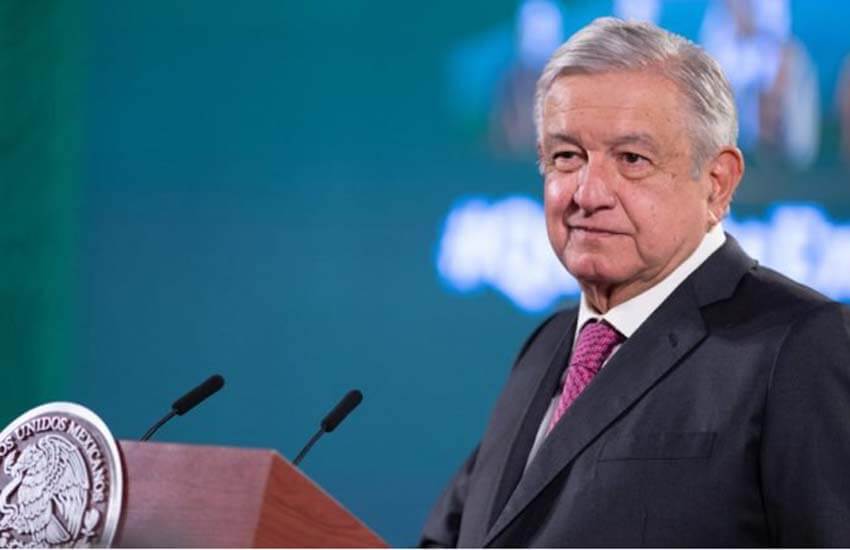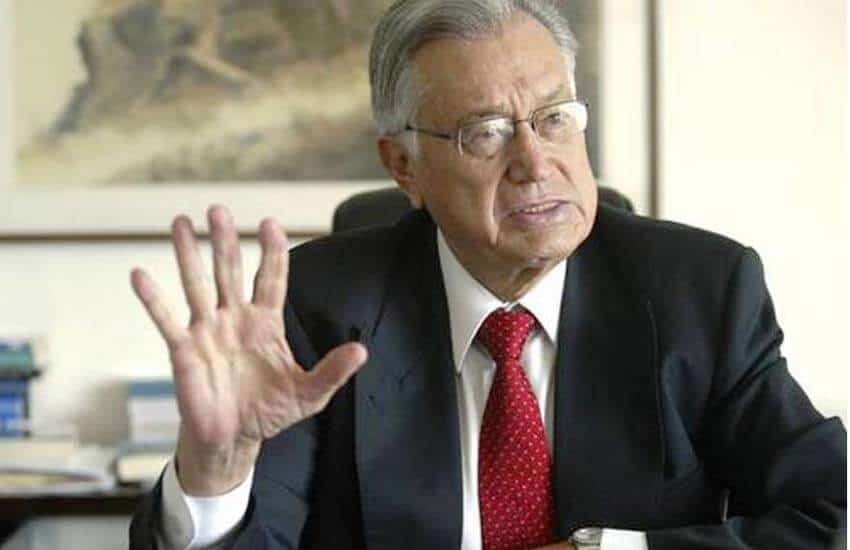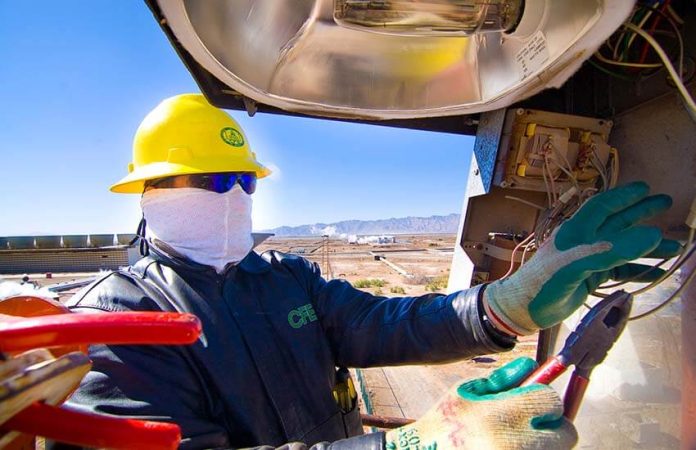A business group that represents Canadian companies in Mexico has warned that President López Obrador’s proposed electricity reform will have “dire consequences” if approved by Congress.
The president sent a bill to Congress on October 1 that seeks to change the constitution to guarantee 54% electricity market participation for the state-owned Federal Electricity Commission (CFE) – an increase of 16% compared to the share it says it currently holds – and get rid of two independent regulators: the National Hydrocarbons Commission (CNH) and the Energy Regulatory Commission (CRE).
López Obrador subsequently said the federal government will attempt to convince all political parties to support its plan to overhaul the energy sector, as the ruling Morena party doesn’t have the two-thirds majority required to get constitutional changes through Congress.
The Canadian Chamber of Commerce in Mexico — Cancham México — rejected the president’s proposal, asserting that if approved it would have “very dire direct consequences for the country and destroy investments of Canadian companies in the electricity sector and other areas of the economy.”
It also said that the bill’s approval would violate international free trade agreements, in particular the United States-Mexico-Canada Agreement, which replaced NAFTA last year.

Cancham México said that a return to the “monopoly model” that existed before the previous government opened up the energy sector would “affect electricity service and eliminate supply options for consumers.”
It also said that the cancellation of electricity permits would hinder the capacity of private electricity companies, including Canadian ones, to generate power. Their investments would be destroyed as a result, it added.
“The lack of electricity delivery to the system by private companies will leave a large percentage of the industrial sector without electricity service, seriously affecting their activities,” Cancham México said.
“The disappearance of the CRE and the CNH, and the reincorporation of CENACE [the National Energy Control Center] into the CFE, will result in unfair regulation that will affect free competition … [and thus] increase inefficiencies in the electricity market and the supply of fuels. Free competition between different public sector and private sector companies is necessary for energy security and the country’s competitiveness.”
Cancham said the nations of North America have made great efforts over many years to integrate the region, but López Obrador’s proposal “represents a setback in the face of said efforts.”
“… Amid a process of economic reactivation, in which Canadian companies with investments in Mexico are making efforts to continue contributing to the development of the country, it is with surprise and concern that we see the consequences that this constitutional reform proposal would have,” the business group said, warning that it could undermine “the climate of confidence and certainty needed for economic recovery.”

“If the initiative is approved in the terms in which it has been presented, it will have dire, deeply regrettable and certainly irreversible consequences” over many years, Cancham México said, citing damage to the environment as one.
“The best way to strengthen the energy sector in Mexico is through growing collaboration between the public and private sectors. The investment of private companies – today and in the future – will be vital to supply electricity to Mexicans and the businesses that stimulate the economy of this country,” it said, adding that such companies spur social development, offer lower rates and generate electricity in more environmentally friendly and sustainable ways.
But CFE director Manuel Bartlett has a very different opinion of private companies that operate in Mexico’s electricity market.
In a meeting with CFE executives, Bartlett said private companies engage in abusive business practices and are only interested in profits. He compared their operation in the market to a robbery.
“What the CFE, the Mexican electricity sector, is going through is a heist. There is not an honest system of competition, … the Federal Economic Competition Commission … only goes after us; it says we’re a monopoly, but it doesn’t pursue the private monopolies,” he said, according to a CFE press release issued Monday.
Bartlett railed against the previous government’s energy reform – which opened up the sector to private and foreign companies – and directed the CFE executives to defend López Obrador’s proposal to partially reverse it.
“Go out and disseminate the electricity reform, defend the CFE from the campaign that has been launched against it. … It’s our responsibility to defend [the company],” he said.
“It’s a lie that [electricity produced] by the CFE is expensive and contaminating, … that we’re going to become a monopoly. We’re simply going to change the rules of the market and rescue the company,” Bartlett said.
For its part, the Business Coordinating Council (CCE) charged that the CFE chief and Energy Minister Rocío Nahle have misrepresented private energy companies that operate in the Mexican market.
“They have every right to present ideas and arguments, but not to describe the legal activities of investors as theft of the nation,” said the CCE, which represents 12 business groups.
The Morena party coordinator of the lower house of Congress confidently predicted this week that the reform could be approved between mid-November and mid-December.
Mexico News Daily
